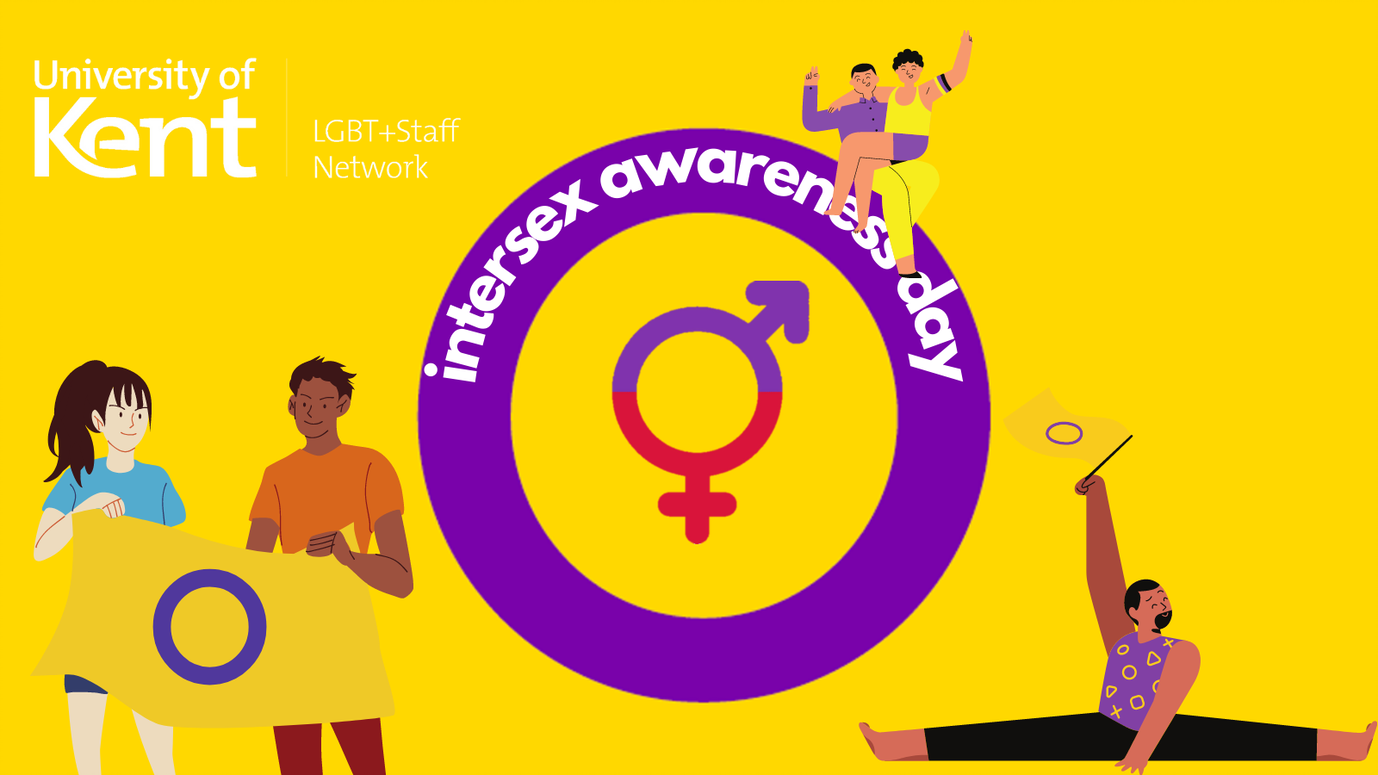Today, on Intersex Awareness Day, we come together to learn more from our intersex friends, family, and colleagues about their lives, and learn how to inform each other better about what life is like as an intersex person. To celebrate this tradition of educating, we’ve compiled a list of 3 myths about the intersex community that are only partially true, or untrue.
Myth 1 Being intersex is extremely rare.
The scientific consensus is that between 1.5-2% of people are intersex, a similar proportion of people worldwide who have red hair. It is actually not too uncommon to be intersex, and given that many people might not have superficial intersex characteristics, the number could be far higher. Some people are not born with obviously intersex characteristics, and they might become obvious at puberty or later in life.
Myth 2 Intersex people are transgender.
The word “transgender” – or trans – is an umbrella term for people whose gender identity is different from the sex they were assigned at birth. The word “intersex” relates to physical sexual characteristics, and not to an internal sense of identity. An intersex person may also identify as trans, but they are separate things, because gender and sex are separate. It is therefore untrue that all (or even most) intersex people are trans.
Myth 3 Intersex is a condition which needs ‘correcting’.
Since the 1950s, and after the work of disgraced gender scientist John Money had made an impact across Europe and North America, operations to ‘correct’ intersex people became more popular, as this Amnesty International document reports in shocking depth. Intersex people (not least children) are rarely harmed by their natural divergences, and more often than not, ‘treatment’ can cause lifelong damage to an intersex individual. It is by no means necessary to ‘correct’ an intersex person, and the myth which supports this is one which is particularly damaging to the intersex community.
With any luck, clearing up these myths will make people more aware of what it’s truly like to be intersex, and help you make a positive contribution on Intersex Awareness Day!

